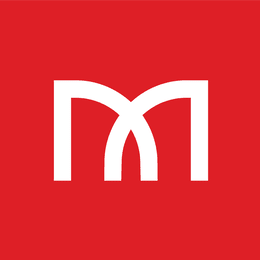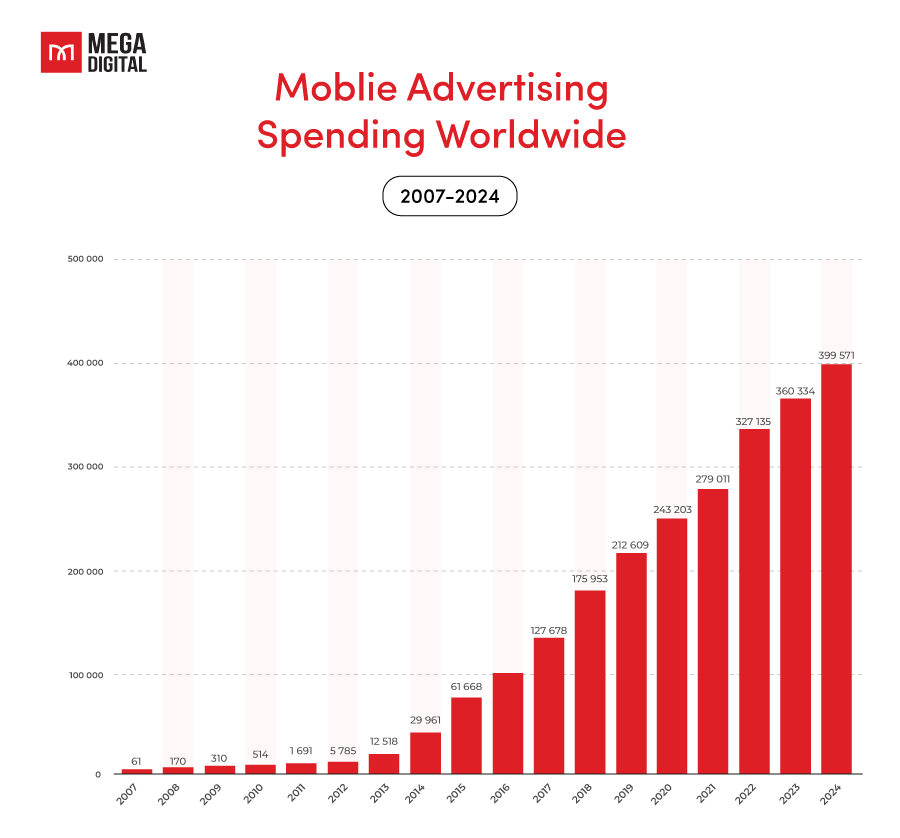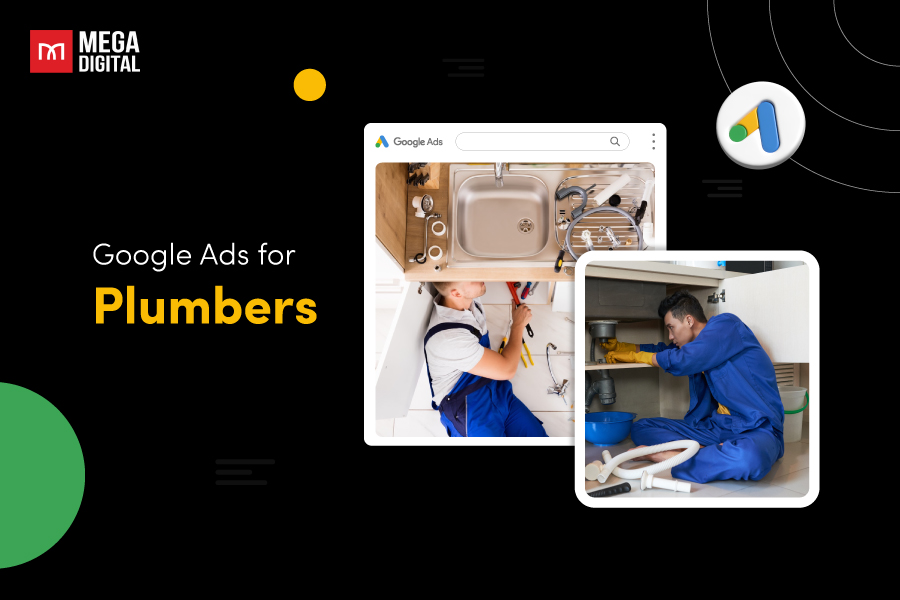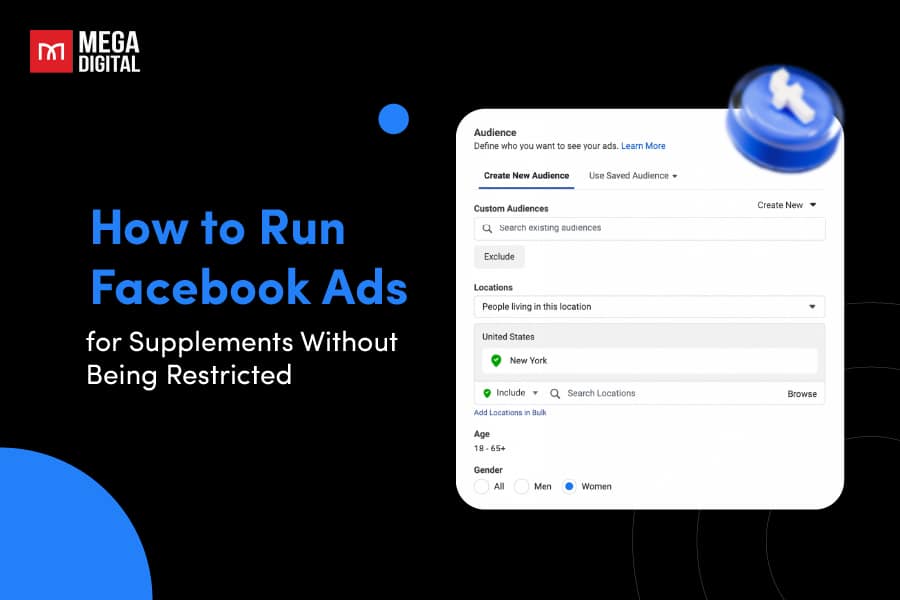Mobile ads have become an essential component of modern marketing strategies, capturing the attention of audiences on their most-used devices. In this article, I’ll show you the best mobile ad examples to inspire and elevate your advertising campaigns. These examples will provide you with valuable insights and inspiration, help you target the right audience, and achieve your marketing goals.
Current Mobile Advertising Market
In 2023, mobile advertising spending reached an unprecedented $360 billion globally, highlighting the increasing acknowledgment by businesses of mobile marketing’s vast potential.
Experts anticipate this upward trend to persist, with projections indicating that mobile ad expenditure will be near $400 billion by 2025.
This encompasses app store ads, Google ads, Instagram ads, social media ads, pop-ups, native ads, and programmatic ads collectively.
>>> Read more: Google App Campaigns: Mobile App Advertisement Tutorial in 2025
Top 13 Mobile Ad Examples to Inspire You
Now, let’s move on to explore the best mobile ads examples that will inspire your next campaign.
#1 Pizza Hut
One notable example of Pizza Hut’s effective mobile advertising is its campaign using interactive rich media ads. Pizza Hut created a rich media ad that featured a dynamic and engaging experience for users. The ad allowed users to view a rotating 360-degree image of a pizza, customize toppings, and see the price change in real-time based on their selections. This interactive element made the ad both fun and functional, encouraging users to spend more time engaging with the ad.
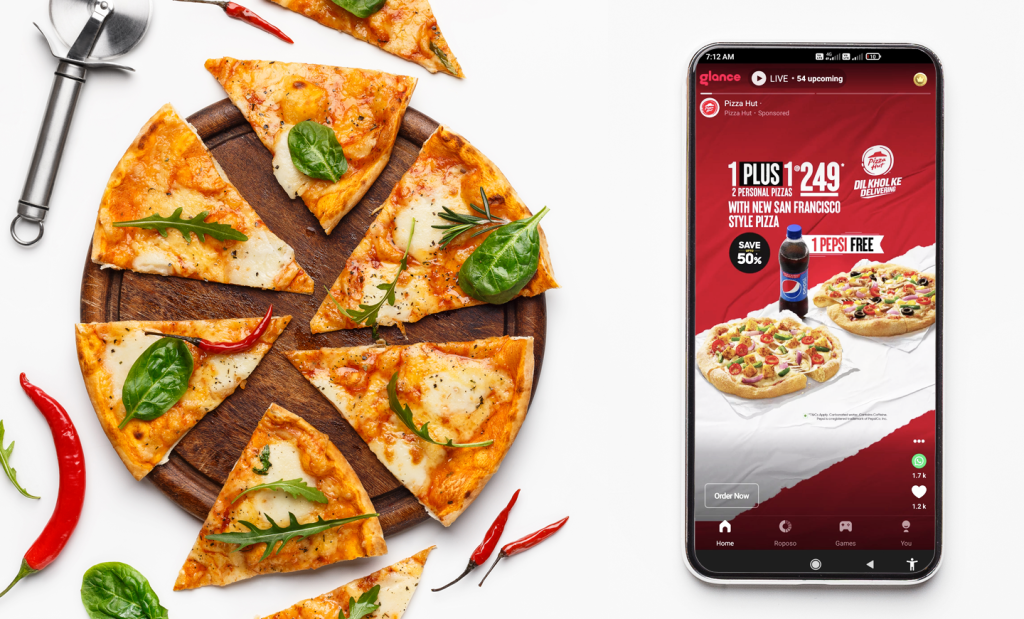
Furthermore, the ad included a location-based feature that enabled users to find the nearest Pizza Hut outlet and place an order directly from their mobile devices. This seamless integration of interactive content and practical functionality not only enhanced user engagement but also drove immediate sales. By providing a personalized and immersive experience, Pizza Hut effectively captured the attention of its target audience and motivated them to take action, demonstrating the power and potential of innovative mobile advertising.
#2 Disney+
A prime example of Disney+’s effective mobile advertising is their campaign for the release of “The Mandalorian”. Disney+ used Instagram Stories to create an immersive ad experience that captured the excitement surrounding the show. These ads featured short, high-quality video clips showcasing key scenes and characters from “The Mandalorian”, grabbing users’ attention instantly.
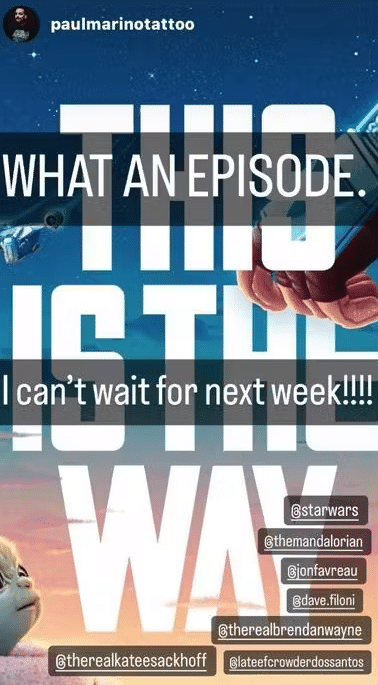
To further engage viewers, the ads included swipe-up links that directed users straight to the Disney+ app to watch the show or subscribe. This seamless integration of engaging content and a clear call-to-action not only captivated audiences but also drove significant traffic and subscriptions to Disney+.
By using Instagram Stories, Disney+ was able to leverage a platform where their target audience already spends significant time, ensuring high visibility and interaction. This campaign highlights how Disney+ effectively combines compelling content with strategic placement to maximize the impact of their mobile advertising efforts.
#3 Grab
A prominent example of Grab’s successful in-app advertising is their partnership with McDonald’s. In this campaign, Grab displayed targeted ads within its app to promote exclusive meal deals and discounts at McDonald’s. These ads appeared at key points in the user journey, such as when booking a ride or exploring the food delivery section. Designed to be highly engaging, the ads showcased vibrant images of McDonald’s menu items and featured clear call-to-action buttons directing users to order through GrabFood.
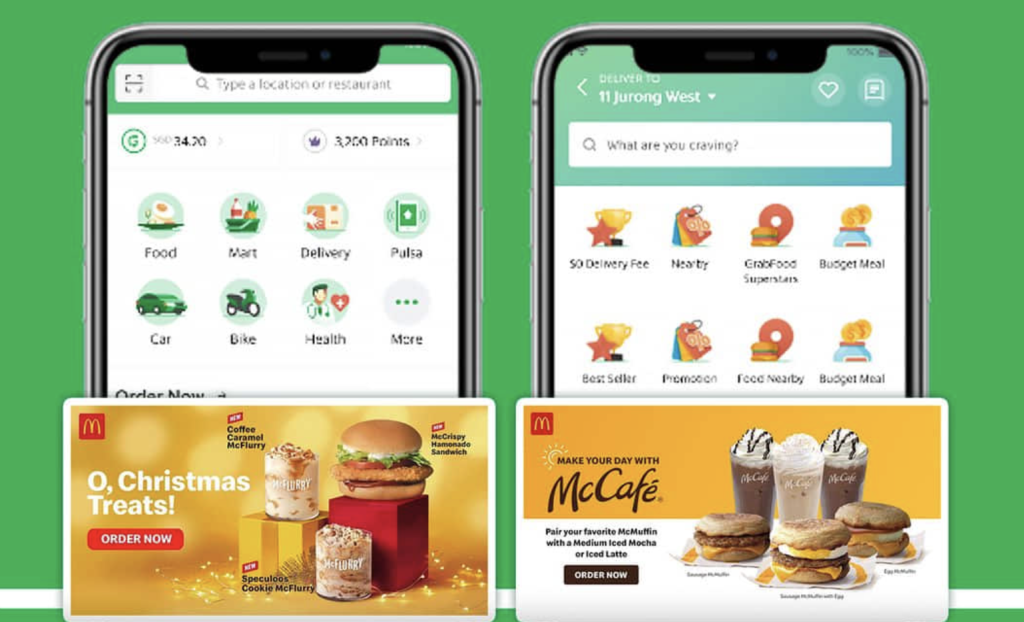
The campaign’s success was driven by Grab’s use of extensive user data to target those most likely to be interested in fast food. The seamless integration of these ads within the app’s interface ensured they were non-intrusive, making users more receptive to the promotions. Consequently, the campaign not only boosted user engagement and order volume for McDonald’s but also highlighted Grab’s ability to deliver personalized and effective advertising solutions.
#4 Samsung
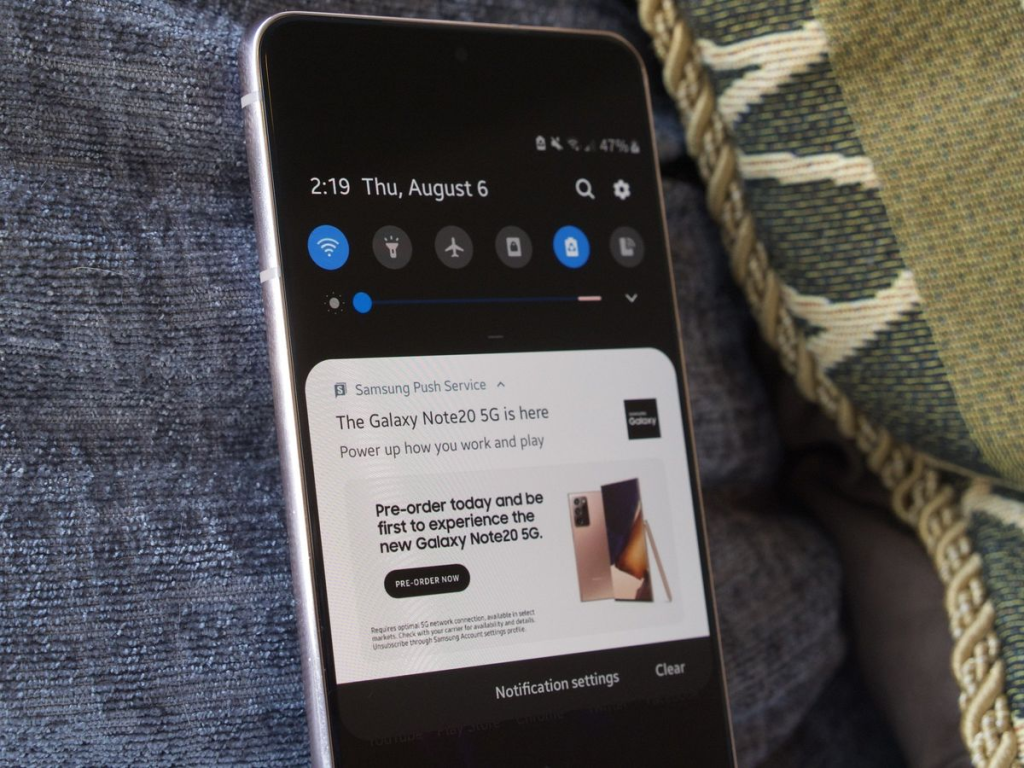
Samsung’s recent mobile ad campaign, prominently displayed on billboards and online, captures attention with its striking visuals and compelling message. The ad features a high-resolution image of the latest Samsung Galaxy Note smartphone, showcasing its sleek design and cutting-edge features. The tagline emphasizes the phone’s superior camera capabilities, highlighting how it allows users to “capture the epic in every day.”
By using simple colors and a clean layout, the ad effectively draws the viewer’s eye to the phone and its standout features. This campaign is strategically designed to appeal to tech-savvy consumers who prioritize high-quality photography and innovative technology in their mobile devices. The use of outdoor advertising combined with digital promotions ensures that Samsung reaches a wide audience, reinforcing its position as a leader in the smartphone market.
#5 Booking
Offering a mobile rate for your property on Booking.com not only boosts visibility and conversion rates among mobile bookers but also increases traffic from search results to your property page by up to 3%. This strategy is particularly effective for capturing the growing number of mobile users, with 2 out of 3 mobile bookings made by millennials—a demographic known for writing more reviews than any other traveler segment.
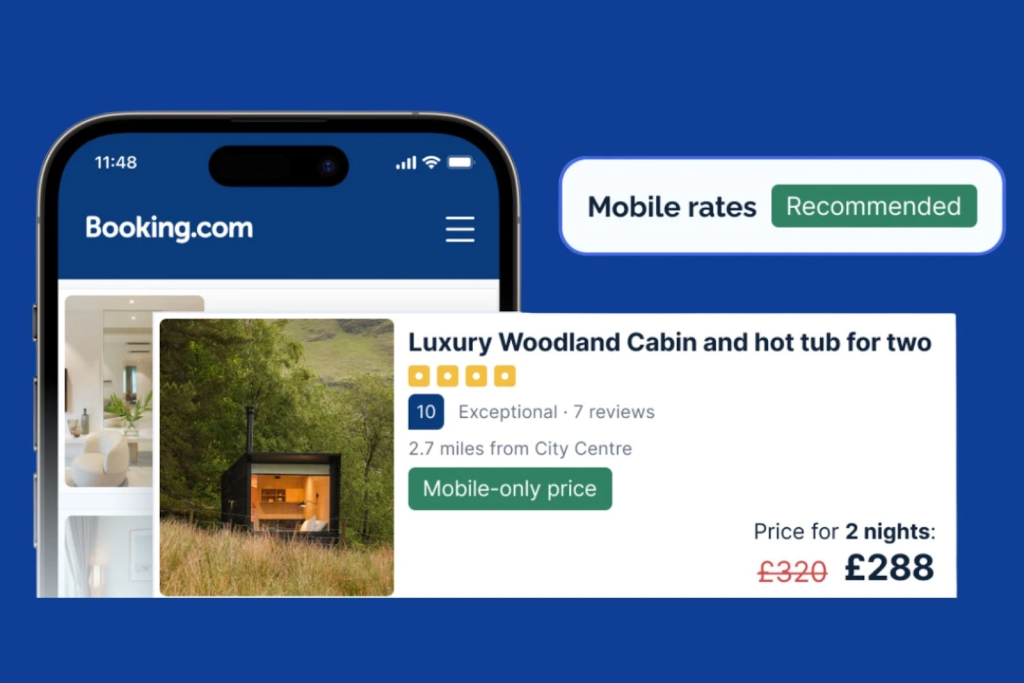
Attracting these guests can enhance your overall ranking on Booking.com. Properties with mobile rates receive, on average, 5% more bookings each week compared to those without. Additionally, a badge indicating the mobile rate will appear next to your property listing, making it easily visible to mobile users.
#6 Burger King
Burger King isn’t shy about playfully poking at its competition. The brand launched a highly successful real-time campaign known as “Burn That Ad.”
Smartphone users could download the Burger King app and utilize its Augmented Reality (AR) scanner to find and virtually “burn” their competitors’ advertisements, earning themselves a free Whopper in the process.
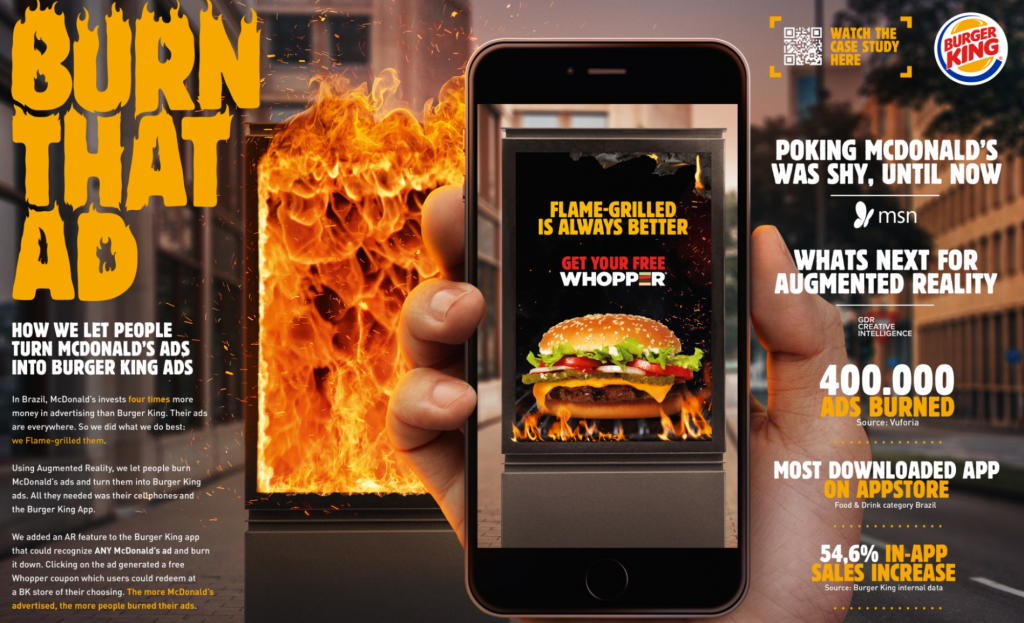
While this sample of mobile ads may not be the most traditional or ethical way to boost conversion rates, it was so cleverly executed that it was received positively rather than in poor taste. Customers enjoyed engaging with this innovative technology, and Burger King effectively capitalized on their competitors’ advertising investments.
#7 IKEA
Here’s another excellent example of a mobile advertising campaign: IKEA Place. This app allows users to not only browse through IKEA’s catalog but also see how furniture would look in their home environment.
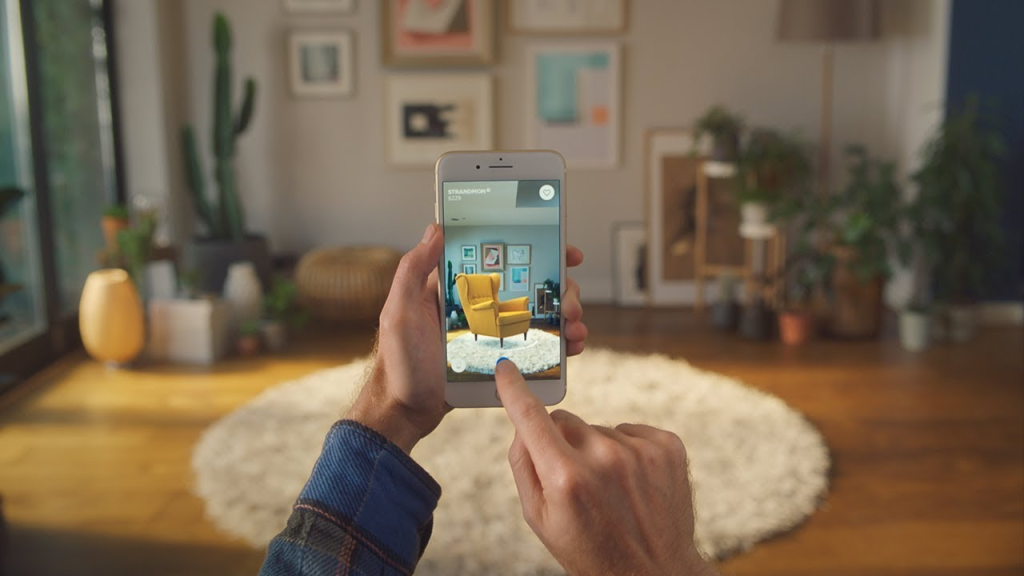
To achieve this, the app employs Augmented Reality (AR) technology, overlaying a life-size image of the furniture onto the real-world setting captured by the user’s smartphone camera.
This innovative approach has attracted over 370,000 monthly active users globally. Additionally, this mobile marketing strategy significantly boosted user engagement, with app users spending an average of 8 minutes per session, compared to the previous average of 3 minutes.
#8 UNIQLO
Japanese brand UNIQLO demonstrated an exemplary mobile marketing campaign by integrating social media, geo-tagging, and incentives. Visitors to any of the 62 UNIQLO stores in Tokyo who checked in using their social media profiles received a 100-Yen coupon.
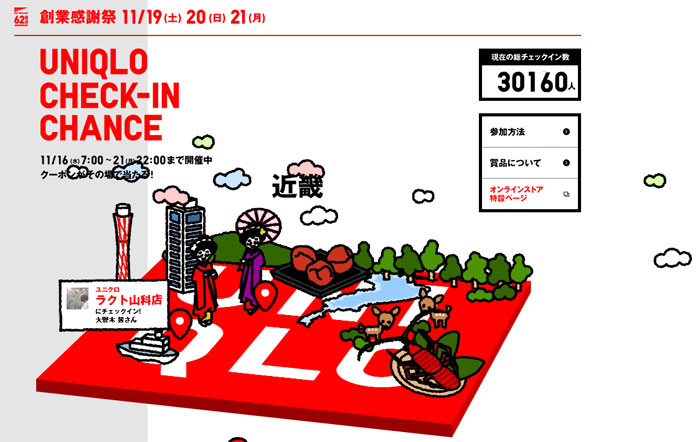
These mobile advertising examples increased the store’s visibility and made the referral process engaging and fun. Over just three days, the campaign resulted in 202,479 check-ins and achieved a historic sales record of 10 billion Yen. This surge in store traffic and sales exemplifies the effectiveness of combining digital engagement with physical retail incentives.
#9 Spotify and Snickers
Snickers executed a highly successful promotional campaign with the slogan “You’re Not You When You’re Hungry”. While the offline campaign performed well, the mobile marketing component, created in partnership with Spotify, significantly amplified its digital presence.
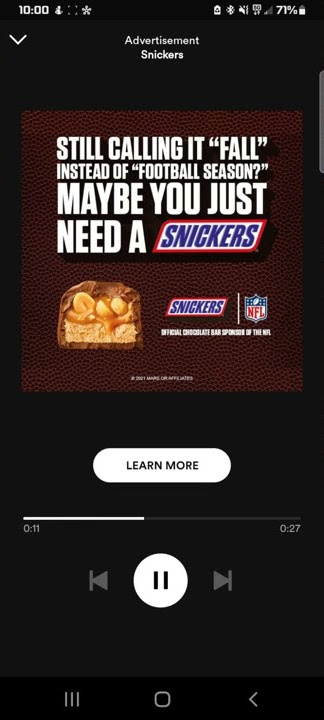
The campaign cleverly targeted Spotify users whose music listening habits deviated from their usual preferences. When this occurred, a mobile advertising pop-up featuring the Snickers ad appeared. This banner included an actionable call-to-action button that redirected users to Snickers’ “Hunger Hits” webpage.
The innovative approach resulted in nearly 7 billion overall impressions and just under 2 billion unique reaches, showcasing the power of targeted mobile advertising combined with strategic partnerships.
#10 Nivea
Nivea Sun’s mobile advertising strategy took a thoughtful and caring approach aimed at their target audience—parents. The brand distributed tear-out bracelets in Brazilian magazines, encouraging parents to place these bracelets around their child’s wrist and download the Nivea Protects app. This app monitored the child’s location and sounded an alarm if the child wandered too far, effectively offering parents peace of mind.
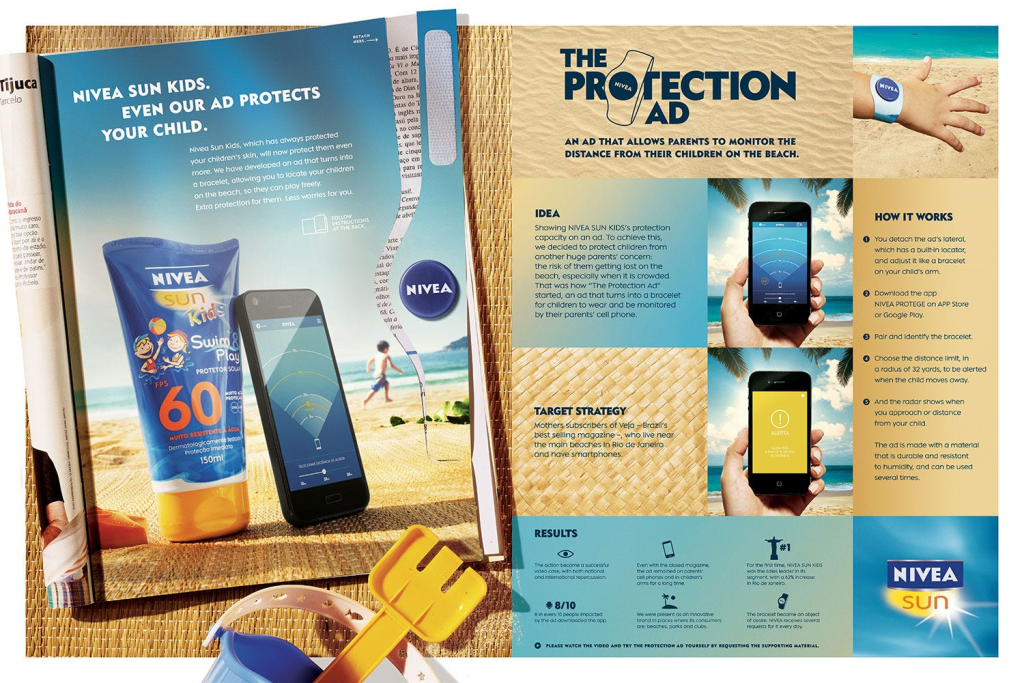
This campaign effectively conveyed the message that Nivea genuinely cares about the safety of children. The results were impressive: Nivea saw a 62% increase in sales in Rio de Janeiro following the campaign. Furthermore, a study found that 8 out of 10 individuals were deeply impacted by the ad and downloaded the app.
The success of this mobile marketing campaign was further recognized when Nivea won a Grand Prix at the Cannes Lions International Festival of Creativity in the Mobile category, highlighting the innovative and effective nature of their strategy.
#11 Starbucks
Whether you’re a coffee lover or not, Starbucks has always been at the forefront of innovation, catering to its customers’ needs. The company launched its mobile app years ago, and it quickly became the leading payment app, surpassing even Apple and Google in active mobile users.
The app’s success stemmed from its convenience, offering features like mobile ordering and an integrated loyalty program, which rewarded customers with stars for purchases.
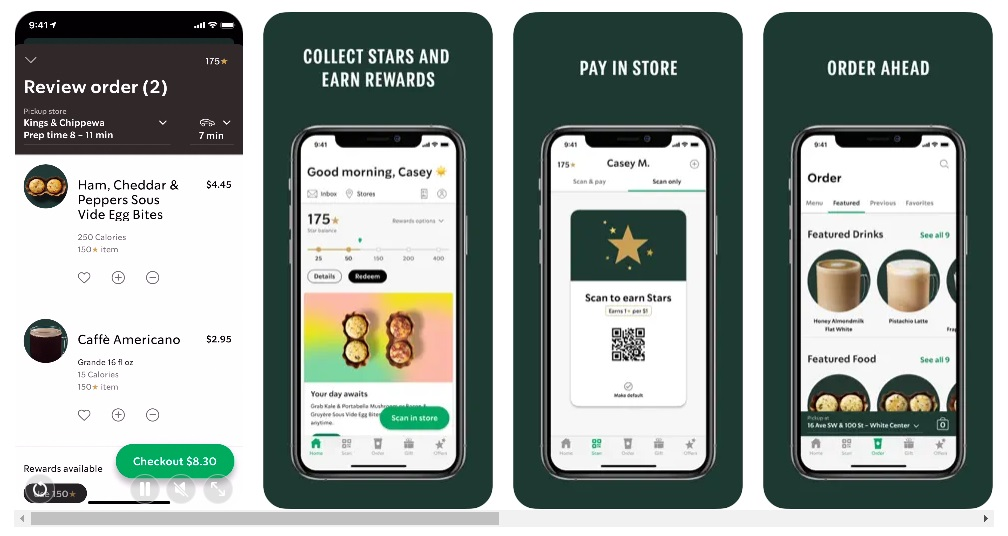
Sales from the Starbucks app account for 25% of all the company’s transactions, a trend likely to continue as Starbucks focuses on delivering highly personalized advertising experiences. The global coffee brand utilizes AI to power an algorithm that creates in-app ads and recommendations based on individual purchasing habits and preferences. This approach seamlessly integrates with Starbucks’ current mobile marketing goals.
#12 Hopper
Hopper, a mobile travel app tailored to the younger generation of travelers, similar to Booking.com and Expedia, created a unique advertising campaign using user-generated content on TikTok. Understanding its younger audience, Hopper’s agency collaborated with popular creators on TikTok, who produced their own short videos promoting the app.

By leveraging the authenticity and social proof inherent in influencer marketing, Hopper successfully increased conversions while reducing ad spend. This approach not only resonated with the target demographic but also demonstrated the effectiveness of engaging with users on their preferred social platforms.
#13 Netflix
In 2023, Netflix, the world’s premier entertainment service with over 247.2 million paid subscribers globally, earned the prestigious Drum Mobile Award. This accolade recognized Netflix for its outstanding achievement in the “most innovative use of mobile” category.
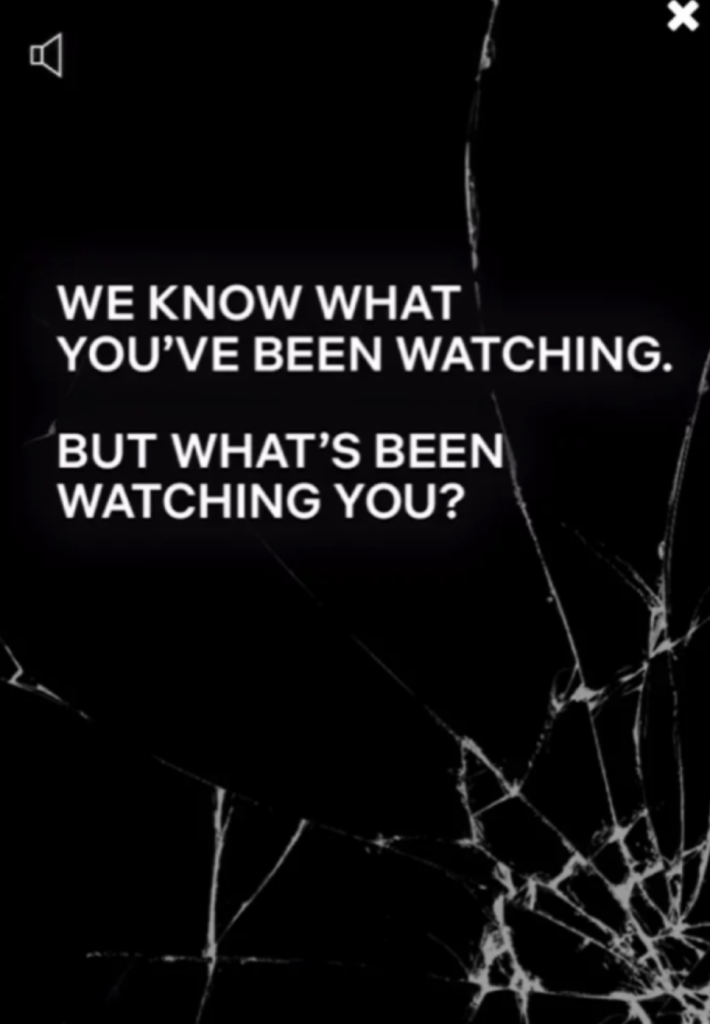
Netflix’s campaign stood out for its blend of creativity and technological innovation, captivating audiences with an unforgettable advertising experience. Central to this campaign was a brilliant combination of eerie and adventurous elements designed to engage viewers and immerse them in a world of extraordinary realism. Inspired by the popular techno-paranoia drama series “Black Mirror”, Netflix skillfully recreated the spine-chilling tension that lingers long after an episode ends, leaving a lasting impression on its audience.
What Can We Learn Through These Mobile Ad Examples?
Now that you’ve seen all the mobile ad examples above, let’s dive into the lessons we can learn from them and explore how to apply these insights to your own mobile ad campaigns.
- Identify Your Target Audience: Conduct thorough research to understand your audience’s demographics, preferences, and behaviors. Use this information to tailor your ad content and delivery.
- Create Compelling Content: Focus on creating visually appealing and relevant content. Use high-quality images, engaging videos, and clear, concise copy that conveys your message effectively.
- Leverage Innovative Formats: Explore various ad formats such as interactive ads, video ads, and native ads that blend seamlessly with the user’s experience. Test different formats to see which ones resonate best with your audience.
- Personalize Your Ads: Use data to personalize your ads based on user behavior and preferences. Dynamic creative optimization can help deliver personalized messages to different segments of your audience.
- Optimize for Mobile Experience: Ensure that your ads are optimized for mobile devices. This includes fast loading times, responsive design, and easy-to-navigate layouts that enhance the user experience.
Wrap up
Mobile ad examples are essential for understanding current trends, creative strategies, and best practices in mobile advertising. Whether for education, inspiration, or practical application, studying these mobile ad examples helps marketers and businesses enhance their campaigns, drive engagement, and achieve better results in the dynamic mobile ad landscape.
